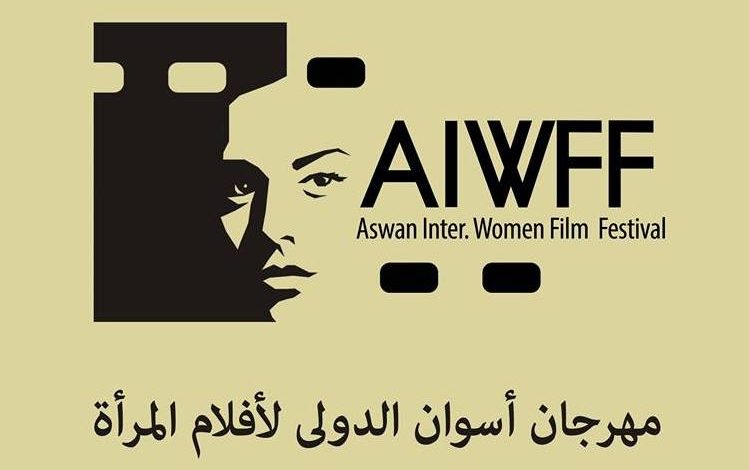Despite the war and destruction: Sudanese cinema… brilliance, participation and awards

Sudan Events – Magda Hassan
Despite the current circumstances, Sudanese cinema seeks to rise from the rubble and destruction, sending signals here and there that there is Sudanese cinematic production.
On the other hand, Sudanese filmmakers seek to draw the world’s attention to their existence, to the war taking place in their country and to their unbroken spirits.
The Sudanese actress and singer, Iman Youssef, the star of the film “Goodbye Julia” by director Mohamed Kordofani, which was produced last year and was the first Sudanese film to participate in the Cannes Festival, continued, through extensive media appearances, to add to her artistic and Sudanese repertoire.
She indicated in one of the interviews that this is the appropriate period in which they, as filmmakers, can express themselves and the issues that are silent about, through production, even if it is a simple production.
Extensive posts
Sudan appeared greatly during the eighth edition of the Aswan International Women’s Film Festival, which was held last week in Aswan Governorate in the far south of Egypt, in which five Sudanese short films participated. Among the participating Sudanese films is the film “Blessed Are They” by Sudanese director Razan Mohamed, which highlights Shedding light on women who were displaced from a refugee camp in 2003, when war broke out in the Darfur region in the west of the country and the film “Women of War” by Sudanese director Al-Qadal Hassan, which deals with the issue of women in conflict areas in Blue Nile State in the south of the country, and the impact of wars on them and their memory.
The solution is in production
During this festival, Iman Youssef spoke about the Sudan war, “Wars and crises tire us psychologically, but they give us a degree of determination to pursue our dreams and highlight ideas.” She said.
She points out that the current war has put the Sudanese in a disturbed psychological state, but there is no other solution but to continue producing and presenting ideas.
Despite the crises and wars, Iman believes that there is a degree of freedom that did not exist before, noting that the December Revolution was not only a political revolution, but rather a revolution in ideas, morals and awareness, “This is the period in which ideas are supposed to be created from the Sudanese youth who were “He feels restricted before.” she added.
Production flow
After a period of cinematic production stopping for a very long period, the film “You Will Die at Twenty” was produced by director Amjad Abu Al-Ala. The film was the first Sudanese dramatic work nominated for the Oscars, and its story revolves around a young man who says a prophecy from a Sufi dervish says that he will die when he turns twenty years old. He spends his days in anxiety and anticipation until something happens that changes his life completely, as he meets with an adventurous director in his village and reviews his experiences in life with him. Then came “Goodbye, Julia” to tell the story of the separation of Sudan and South Sudan in the year 2011, and it achieved commercial success in theaters in Arab countries. Including Egypt, which is a rare occurrence for a non-Egyptian Arab film.
Iman Youssef, who played the role of Mona in the film, says that the secession of the south had a great impact on them.
War hinders everything
On Sunday, the Sudanese short fiction film “After that Nothing Happens” by director Ibrahim Omar received a special mention from the jury at the 70th Oberhausen International Short Film Festival, where the director sent a short and precise speech summarizing the situation, which was broadcast on the closing day of the festival, in which he says, “I am so overwhelmed with Sadness that I cannot be with you today.” Unfortunately, the ongoing conflicts in Sudan, fueled by warlords, have made that impossible. Our country is experiencing one of the worst humanitarian disasters in the world today. The specter of famine looms on the horizon, and children and women are dying daily from air strikes or hunger. “I do not want to delve into this suffering, but I would like to say: Do not forget Sudan, do not turn your face away from what is happening there. I thank the Oberhausen International Short Film Festival for making every effort to provide the opportunity to be with you, but the war prevents movement and hinders everything.” He continued.
Starting from Egypt
On the other hand, Sudanese director Mohammed Al-Tarifi told Cinema Tograph that he hopes that the Sudanese film industry will not stop again. “There are efforts on our part to ensure that it does not stop, but cinematic production in Sudan is the result of suffering in the first place.” He added.
Al-Tarifi believes that the diaspora creates more creativity, explaining that the large Sudanese presence in Cairo and the active Egyptian artistic movement will result in more productions.
He stressed that Cairo will be a place for launching new Sudanese (artistic) projects, as it always was in the past.



